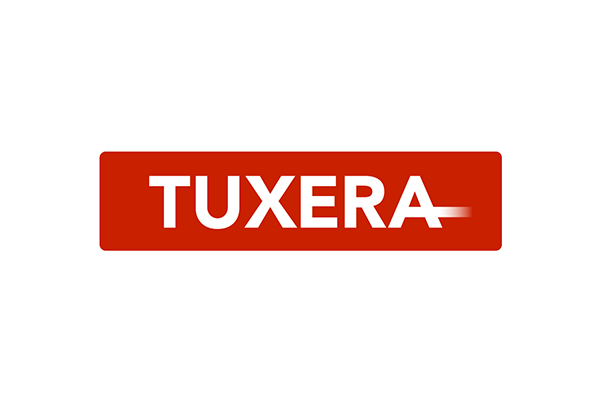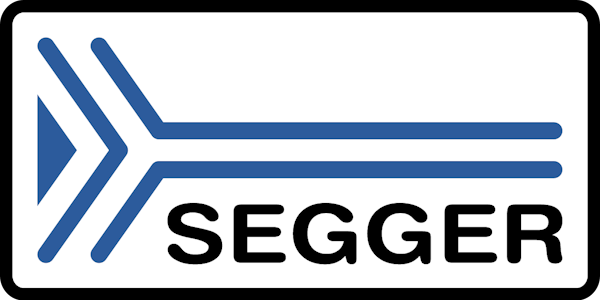
Communication stacks or protocol stacks are used for facilitating communication between systems. Our range of protocol stacks offer scalable and high-performance solutions for your embedded device.
Talk to our expertOur brands


Our brands


emFTP
FTP stands for File Transfer Protocol. It is the basic mechanism for moving files between machines over TCP/IP based networks such as the Internet. FTP is a client/server protocol, meaning that one machine, the client, initiates a file transfer by contacting another machine, the server and making requests.
emModbus
emModbus supports building master and slave devices which can even be combined in the same product. Also, multiple interfaces in the same product are supported. Each interface can be configured at runtime, making it possible to build a pretested library to be deployed in multiple projects for embedded solutions.
emMQTT
emMQTT provides the client functionality of the Message Queue Telemetry Transport protocol to a stack. emMQTT uses sockets and can be used with any IP stack such as emNet using the socket interface.
emNet
SEGGER's network software is designed from the ground up for embedded systems. It is renowned for its high-performance and small memory footprint while still providing flexibility and extensibility. It is at the heart of many industrial and IoT applications, and provides support for a wide variety of standard protocols.
emUSB-Device
emUSB-Device enables easy integration of USB functionality into an embedded system. Multiple standard classes are provided that allow embedded systems to behave as standard USB devices and communicate with any host like Windows, Linux and Mac systems. Examples are mass storage device, keyboard, mouse, printer, speaker, modem, RS232 serial adapter or network adapter. Additionally proprietary protocols may be implemented using the BULK class provided by emUSB-Device. Multiple classes may be combined in any way to form a Composite Device with multiple interfaces that can be used simultaneously.
emUSB-C Power Delivery
emUSB-C PD turns the cable into a smart connection, enabling the detection of the type of device connected, power supply capabilities, USB Host/Device software, and more. With SEGGER's emUSB-C PD library, embedded applications can easily handle a USB-C port on any embedded device with a USB PD controller. emUSB-C PD can detect whether a connected device is a power source or sink, and even identify USB data roles (host/device). For devices that use USB-C purely as a power source or for battery charging, it supports features such as dead battery signaling, ensuring reliable power management even under challenging conditions. The library is highly efficient, with ISO/ANSI C source code and a very easy API for straightforward integration into embedded applications. Developers can also configure it for minimal memory footprint, making it ideal for resource-constrained systems. Additionally, emUSB-C PD supports the use of chargers with variable supply voltage, enhancing flexibility for powering devices. emUSB-C PD can be used in combination with emUSB-Host and/or emUSB-Device. It can also be used without a USB stack for devices that just use USB-C as a power source or to charge a dedicated battery.
emUSB-Host
The emUSB-Host software complies with the USB standard specifications as set by the USB Implementors Forum. It supports all transfer modes (control, bulk, interrupt, isochronous) at all speeds. USB pipe management and extended error recovery mechanisms required for reliable operation are implemented internally. Sophisticated test procedures ensure the reliability and quality of the USB host software. emUSB-Host's modular design enables applications to either access the USB host programming interface directly or to use APIs made available via by class drivers. emUSB-Host can handle multiple devices as well as hubs simultaneously and fully supports hot plugging of devices and hubs. The programming interface supports dynamic device enumeration and identification.
Protocol Stacks for IoT
A protocol stack or communication stack is a particular implementation of software in a collection of protocols (suite) of computer networks. The terms are often used interchangeably. Strictly speaking, the suite is the definition of the protocols and the stack is its software implementation.
Individual protocols within a suite are often designed with a single purpose. This modularization facilitates design and assessment. Since each protocol module usually communicates with 2 others, they are represented as layers in a stack of protocols. The lowest protocol always handles physical interaction at a low level of the hardware. Each higher layer adds more possibilities. User applications usually only handle the top layers.

Gevorg Melikdjanjan
Security | Reliability | Data Solutions
Expert on Protocol Stacks
Fast and reliable, that's how I would describe our communication and protocol stacks. Need help making your project a succes? I'm here for you.
Cookie Consent
We use cookies to improve your experience on our site. By using our site, you consent to cookies.
This website uses cookies
Websites store cookies to enhance functionality and personalise your experience. You can manage your preferences, but blocking some cookies may impact site performance and services.
Essential cookies enable basic functions and are necessary for the proper function of the website.
Google Tag Manager simplifies the management of marketing tags on your website without code changes.
Statistics cookies collect information anonymously. This information helps us understand how visitors use our website.
Google Analytics is a powerful tool that tracks and analyzes website traffic for informed marketing decisions.
Service URL: policies.google.com (opens in a new window)
Clarity is a web analytics service that tracks and reports website traffic.
Service URL: clarity.microsoft.com (opens in a new window)
Marketing cookies are used to follow visitors to websites. The intention is to show ads that are relevant and engaging to the individual user.
Facebook Pixel is a web analytics service that tracks and reports website traffic.
Service URL: www.facebook.com (opens in a new window)
LinkedIn Insight is a web analytics service that tracks and reports website traffic.
Service URL: www.linkedin.com (opens in a new window)
You can find more information in our Cookie Policy and Privacy Policy.




